In a world obsessed with performance metrics, strategic planning and digital transformation, one of the most quietly powerful leadership skills is often overlooked: presence.
At JobFitts Consultants, we believe that true leadership begins not with grand gestures, but with grounded attention. Being present is not just a soft skill it’s a strategic advantage.
What Does It Mean to Be Present?
Being present goes beyond physical attendance. It’s about showing up mentally, emotionally and relationally. It’s the difference between hearing and truly listening, between reacting and thoughtfully responding.
Presence communicates:
“You matter. What you’re saying matters. This moment matters.”
This kind of leadership builds psychological safety (Harvard Business Review), trust and connection , the cornerstones of high-performing teams.
Why Presence Outweighs Performance
While KPIs and quarterly goals are essential, sustainable performance is rooted in relationships and relationships thrive in the soil of presence.
When leaders are present:
- People feel heard → Employees feel valued, not like interchangeable parts.
- Stress is reduced → Calm attention defuses tension better than any policy.
- Engagement rises → When people feel seen, they show up with energy and ideas.
In fact, Gallup research shows that employees with attentive, empathetic managers are more productive, innovative and loyal.
Why Leaders Struggle with Presence
Despite its simplicity, presence is rare. Why?
- Lack of modelling – Many leaders have never experienced deep listening themselves.
- Problem-solving reflex – Leaders are trained to fix, not feel.
- Time scarcity – Presence is treated as a luxury, not a productivity multiplier.
- Burnout – Chronic stress blocks emotional availability.
- Digital distance – Emails and texts strip away emotional nuance.
The irony? The very conditions that make presence feel impossible are the ones that make it most essential.
Five Steps to Practising Presence
Presence is a skill one that can be developed. Here’s how:
- Set the intention – Decide to listen, not fix. Say: “I’m here with you.”
- Shift into calm – Breathe. Remove distractions. If needed, postpone with care.
- Stay curious – Ask open questions like: “What’s been hardest for you?”
- Listen with your body – Tune into tone and posture. Reflect feelings: “It sounds like you’re frustrated because…”
- Invite reflection – Ask: “How do you feel now?” End with gratitude: “Thank you for sharing.”
Leaders who master these micro-practices see ripple effects in trust, retention and innovation (McKinsey & Company).
The Leadership Ripple Effect
Presence anchors teams in a chaotic world. It can be the difference between burnout and resilience. You don’t need perfect words. You don’t need to solve everything. Sometimes, the most powerful gift you can offer is your calm presence, open heart, curious mind and willingness to notice. Because presence isn’t just a leadership skill. It’s a leadership legacy.
Ready to Lead with Presence?
At JobFitts Consultants, we understand that great leadership isn’t just about strategy it’s about connection. That’s why we don’t just match candidates to roles; we help organisations find leaders who bring presence, empathy and resilience to their teams.
Whether you’re looking to hire emotionally intelligent leaders, build high-performing teams or cultivate a culture of trust, we’re here to support your recruitment journey.

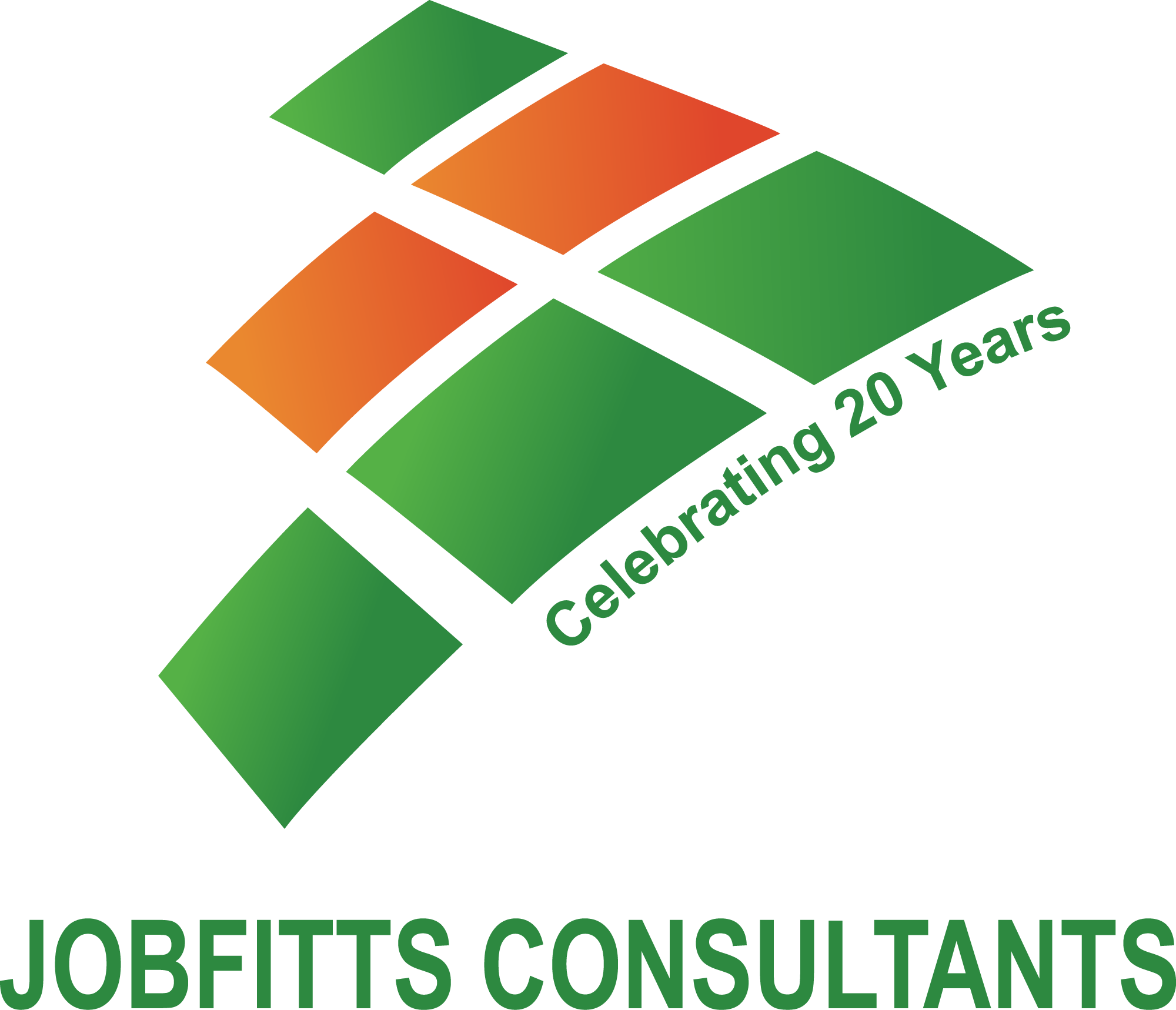
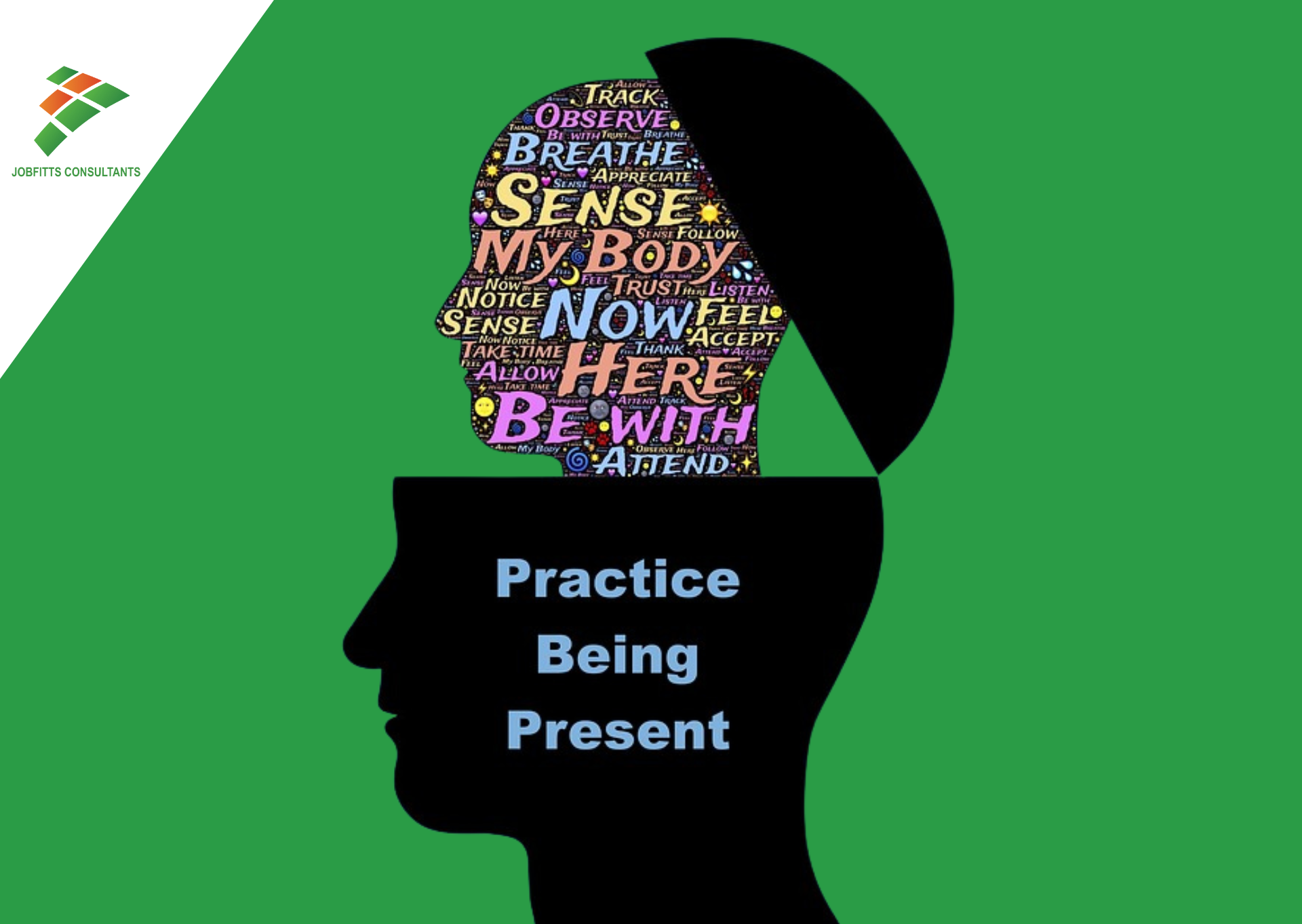



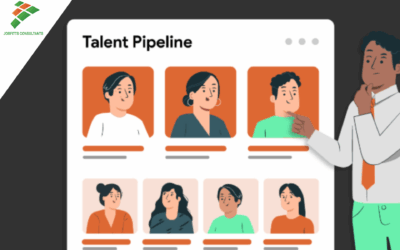

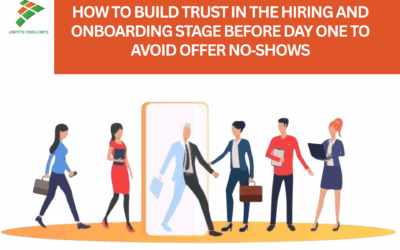
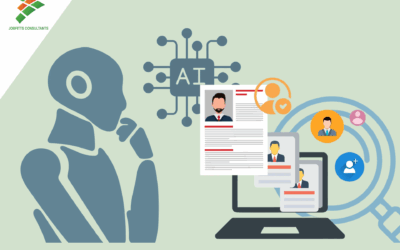

Share This
Share this post with your friends!